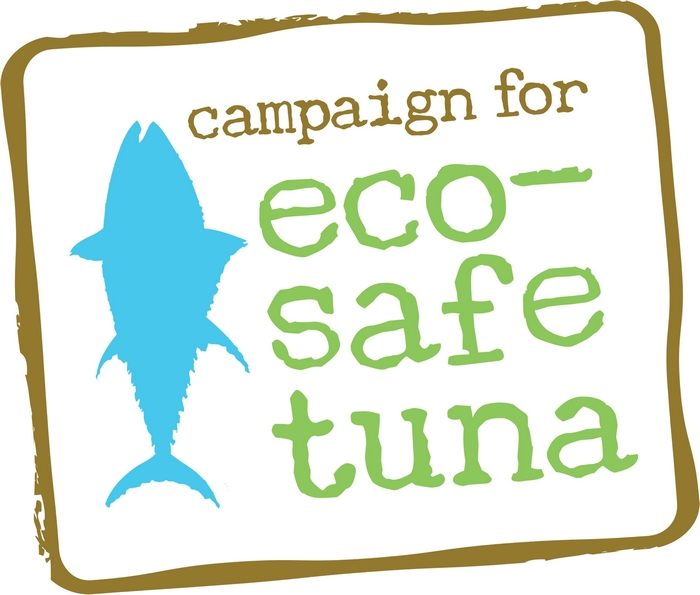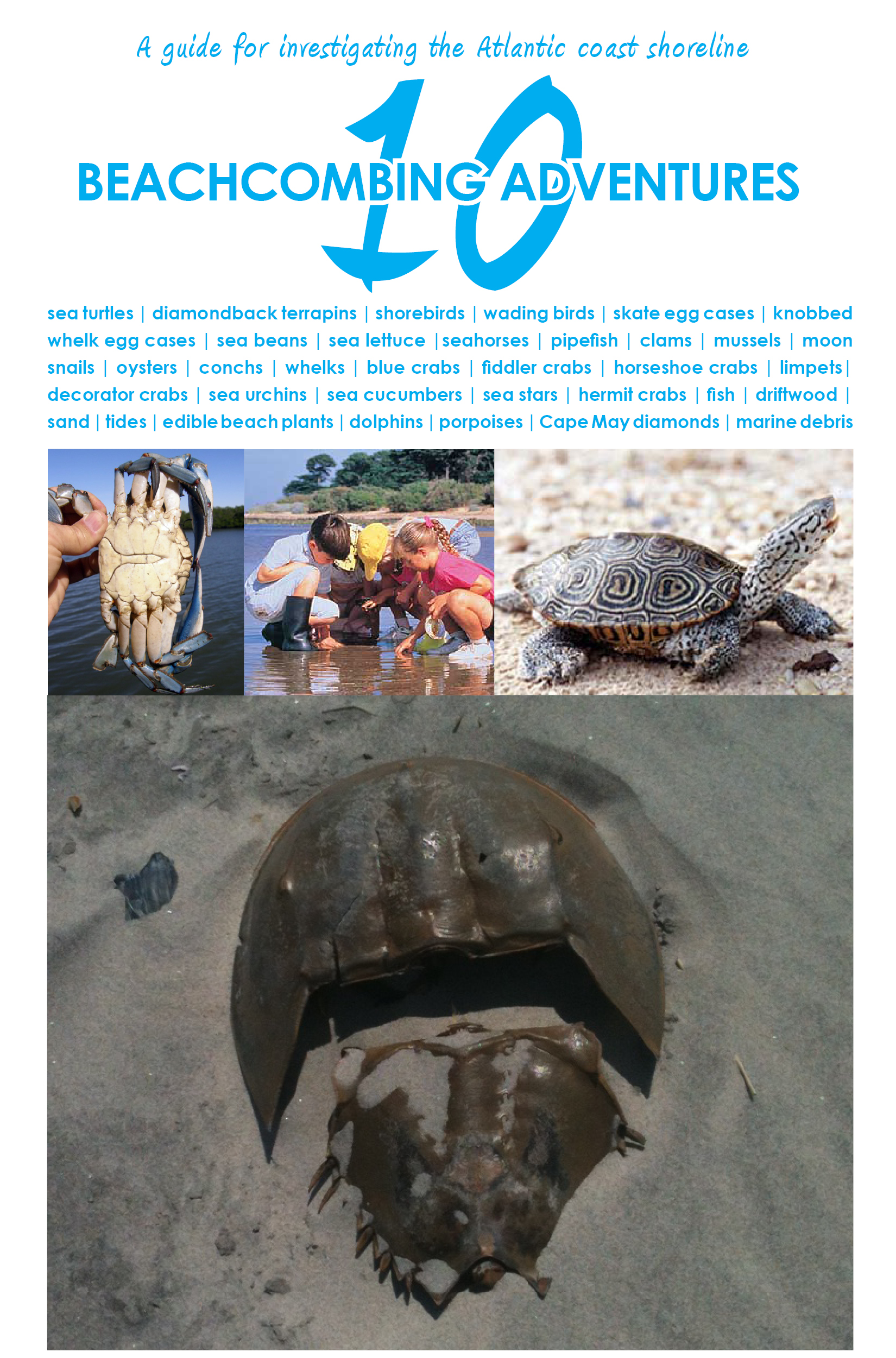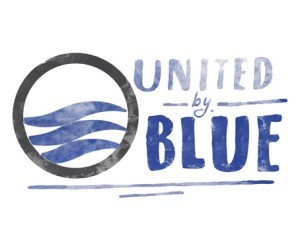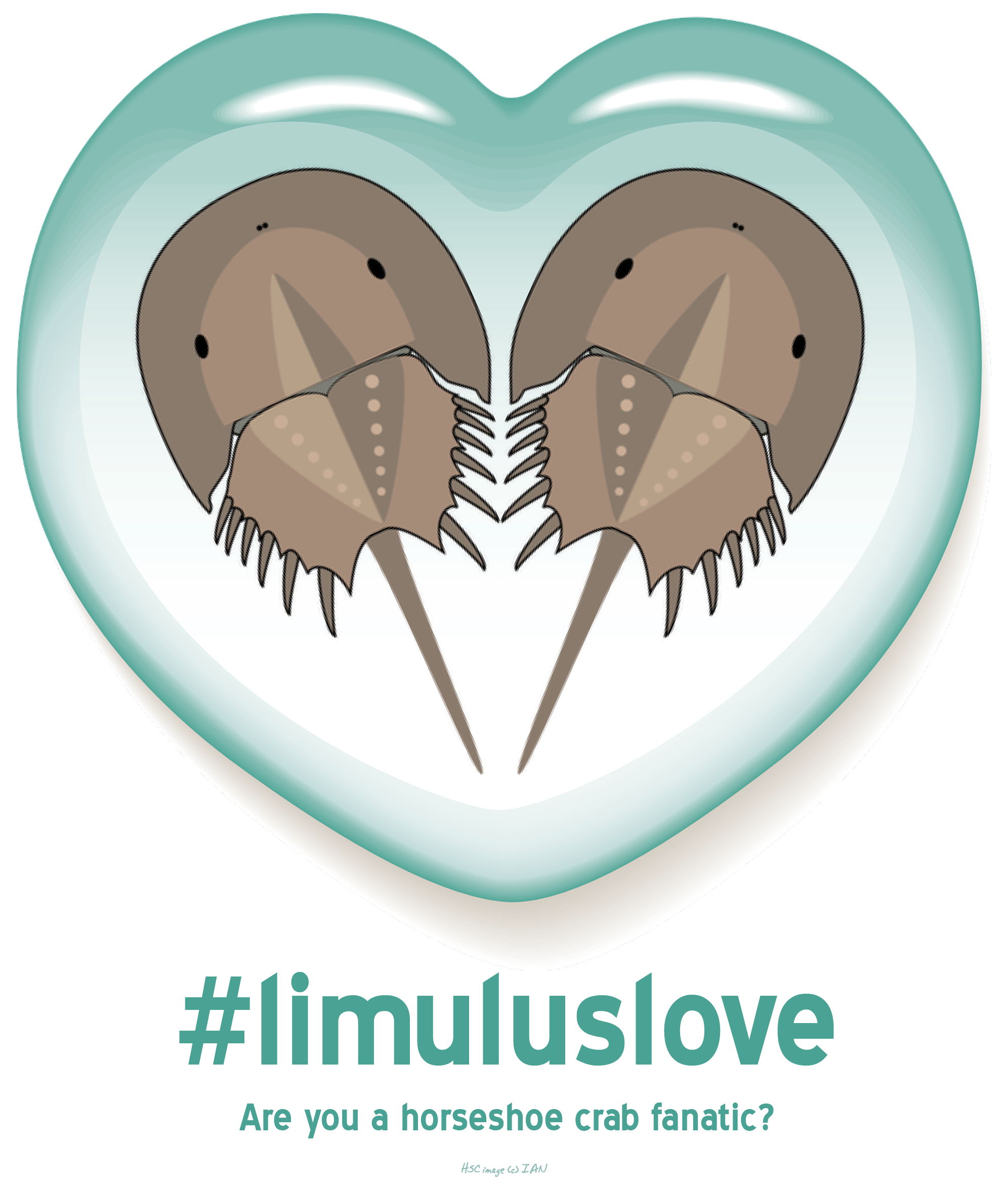Here are some question and answers with Professor Jeffrey Levinton of Stony Brook University, Stony Brook, NY. He is a Distinguished Professor of Ecology and Evolution at Stony Brook University. He has been lucky to be able to teach college students for many years at the State University of New York at Stony Brook, which has a Marine Biology Major. He greatly enjoy seeing students learn about the marine environment and sometimes decide to embark on a career in marine biology.
In case you are interested in the field here is what you are in for:
1. What, in your opinion, are the disadvantages of being a Marine Biologist?
Don’t see any real disadvantages at all. Can’t complain about freedom (a fair amount), opportunities (lots in everything from government to teaching to popular book writing)
2. What, in your opinion, are the advantages of being a Marine Biologist?
Advantages include doing what you love to do; travel, often to fascinating and lovely places; interactions with interesting folks.
3. If you could do it all over again, would you have chosen this field? Why?
Maybe, but maybe not. Who knows why? Life is complex. I started wanting to be a writer, but found that I loved geology and majored in this in college and in graduate school. It was in graduate school that marine biology took over as my primary interest.
4. What do you find the most satisfying part of this field?
Following your interests as a researcher, teaching students.
5. What are some related occupations to the field of Marine Biology?
Oceanographer, Environmental Manager, Molecular Biologist
6. How did you first get interested in marine biology?
This is hard to say but I am pretty sure that it was seeing Jacques Cousteau‘s famous film “The Silent World.” My father took me to downtown NY City to the Paris Theater to see this movie, which was then regarded as a great artistic film, directed by the great Lous Malle and winning an Academy Award. The coral reef was enthralling and I was hooked. Incidentally, I have to say that I am pretty cross with those marine biologists who dump upon Cousteau and see him as an opportunist who took advantage of scientists and stole center stage; he coinvented SCUBA and has inspired more people in this world to love marine biology than any 100 other marine biologists. As a boy he wrapped an above-water camera in a clear bag and shot many underwater pictures. His obsession has been to our great benefit.
7. What does a high school student need to do to become a marine biologist?
These days the college route is essential, but don’t feel that you have to go to a school that specializes in marine biology. Find a college that is first rate in science but has good humanities and communications training as well. In the summer of your junior year or senior year make SURE that you get a summer job or take a course in a marine lab (see marine lab links and internships/ summer course links on the main page of the MBWEB URL). This will do more for you than any 5 marine biology courses in college. After college your marine biology education will be acquired in graduate school. Another good strategy is to be a biology major in a college that has marine biologists doing research. If you wish to become a technician a Masters degree will do, but a Ph.D. is essential these days to become an independent scholar who can supervise research projects be a well-placed official in an environmental protection agency, etc.
A masters degree will usually take about 2 years to complete. It is important to choose a university where the program has substance. You want to pick up a core education in marine biology, but, depending upon your career goals, you may want a very specific set of courses and an opportunity to do some research. It may be possible to rapidly complete a masters but you may have no substantive education to apply to a job. This will especially be true if you want to work in a specific field, such as shellfish mariculture. The Ph.D. degree will take an average of six years in a United States graduate school, but there is considerable variability around the world. In the United Kingdom and Australia for example, Ph.D. degrees tend to take 3-4 years, as they tend to omit formal course work, emphasizing research. In the USA many Ph.D. programs take good students right from their undergraduate school, but a substantial number of students take a masters degree first, to see if they want to go through with a Ph.D. Institutions such as the School of Marine and Atmospheric Sciences at Stony Brook and the Virginia Inst. of Marine Sciences have dual programs, which allows a smooth transition from Masters to Ph.D. student status.
8. What do you do as a marine biologist?
I am a university instructor who gets to spend a substantial time doing research, writing textbooks and working with other groups interested in marine problems. My research may seem obscure to many, but it involves understanding how the functioning of individuals can be connected to population fluctuations. An example of this is to study how the feeding and burrowing activities of marine clams, worms, and other sediment-eating animals affects the environment by helping decomposition of organic matter, stirring and oxygenating the sediment, and controlling the particles in the sediment. If you ever walked on a gooey mud flat you are on my territory! I also have been very interested in how filter feeding oysters and mussels affect their ecosystem by rapid filtration of the water column; filtering of such creatures is very efficient and inland waters may be stripped clean of food particles. I also have been working on the effects of pollution on marine bottom populations, particularly with regard to resistance to toxic substances. Often a toxic pollutant will kill all but a few individuals, who are genetically distinct and resistant to the substance. These individuals reproduce, leading to a genetically resistant strain. This can be bad because such individuals may concentrate a toxic substance and transfer it up the food web, sometimes to be eventually consumed by human beings.
9. What types of problems do you encounter?
A major problem is balancing responsibilities, e.g., teaching time against research time. Also, for much research grant funding is essential, but also very competitive. I have been reasonably successful in getting grant funds, but it becomes more difficult as time goes on.
10. What type of actions do you take to solve those problems?
Working on research away from campus helps deal with time use conflicts. I spend every summer at a marine lab nearly 3000 miles from my university. This makes it easier to return and devote time to students without feeling that I am missing something. Applying for grants is a time-consuming process and one has to be creative in finding funds from different sources and getting involved with different projects.
Thanks for sharing you insight Dr. Levinton!
Being a marine biologist mean that I spend a lot of time sailing on boats. I have got a boat and know how important is to keep it in good condition. Merritt Supply is my first choice when it comes to buying reparation equipment.







getting a masters degree is of course necessary if you want a wage increase and improvement in your career -,;